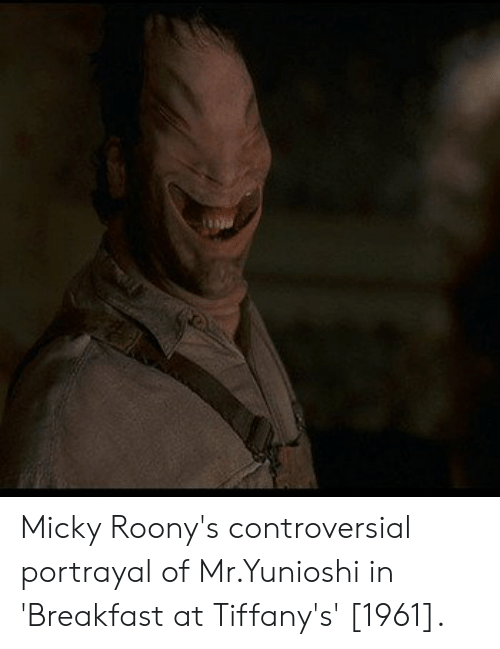
The Two-Toned Nature of Breakfast at Tiffany's
Breakfast at Tiffany’s is something that I’m still processing. I am not typically one to enjoy movies focused on love, specifically romantic, but as I’ve gotten older it has become a genre I have become more fond of. Frankly, I’ve become something of a hopeless romantic in the past three years. That probably has something to do with me growing into adulthood, or maybe Jim and Pam from The Office have made me a sucker for love. I’m most likely not the only one who shares this sentiment. With that being said, Breakfast at Tiffany’s, both the novella and the movie, spoke to me greatly because of my appreciation for love stories, both conventional and unconventional. However, the movie and novella have drastic differences which meant I was affected in two differing ways. The novella’s tone leans more to a bittersweet tone while the movie is “happy-go-lucky.”
What do I mean by that? They both deserve equal analyzations. The novella had me thinking and pondering much differently than the film. The novella caused me to think about the relationships we create over our lifetime, and how they can come and go before we even realize how much time has passed. The unnamed protagonist experiences this with Holly, growing closer and even loving her before she leaves and never appears again. The novella was bittersweet and introspective. It felt symbolic and resembled many friendships or relationships I’ve had in my own life. The plot left me feeling a little sad, quite frankly, but not horribly depressed. The movie warranted an entirely different feeling for me.
If I could give a comparison to the style and tone of the Breakfast at Tiffany’s film, it would be akin to the classic Christmas flick, It’s A Wonderful Life. The movie doesn’t place itself around Christmas or anything like that, but it aims to make you feel happy, generally speaking. For me, it certainly achieved that. There was no shortage of comedic relief and moments that made me laugh. Considering it was released in the 1960s, I was half-expecting the humor to be groan-worthy and outdated but for the most part, it wasn’t. It holds up fairly well, despite the horrendously offensive performance of Mickey Rooney as Mr. Yunioshi, but that’s an entirely different blog post. By the time the movie faded to black, the emotions that sat with me were a drastic departure from how I felt when finishing the novella. I felt far from sad, and optimistic. That predicament is why I’m still continuing to process how I feel as a whole. I truly loved both versions of the story, but they’re so different it’s hard to pinpoint it. The variations of the story hit all the major beats but end in totally different tones, making it feel like two totally different entities.
What I will say is that both versions of the story have directly influenced many of the popular love stories we see today, especially with “manic pixie dream girls.” I mentioned in class that this reminded me a lot of the movie based on the John Green novel, Paper Towns. Thinking more about it, it reminds me a bit of his more popular book, The Fault in Our Stars, just with the gender roles reversed. There are countless other stories that involve a conventionally boring character becoming attached to the fun, wild, and exotic character, learning a valuable life lesson in the process. I think Breakfast at Tiffany’s is largely responsible for that trope.
I felt that both versions were ahead of their time regarding their messages. One of the core themes that I enjoyed from the novella was the concept of being in love with someone without inherently being romantically involved. It’s a rare scenario, but one that’s still possible. You don’t see many “love” stories like that. The movie takes a different take, as Holly and Paul are set up as a couple, which I don’t mind, but it did feel somewhat forced that direction to tailor to what audiences in the 60s might think. Both the movie and the book are genre-defining, and I have to agree with many people that it is a must-watch. This archetype was one of the first of it’s kind and remains culturally significant; but, frankly, I’d really like to see a movie tackling a more accurate portrayal of the novella. That ever happening, time will only tell.